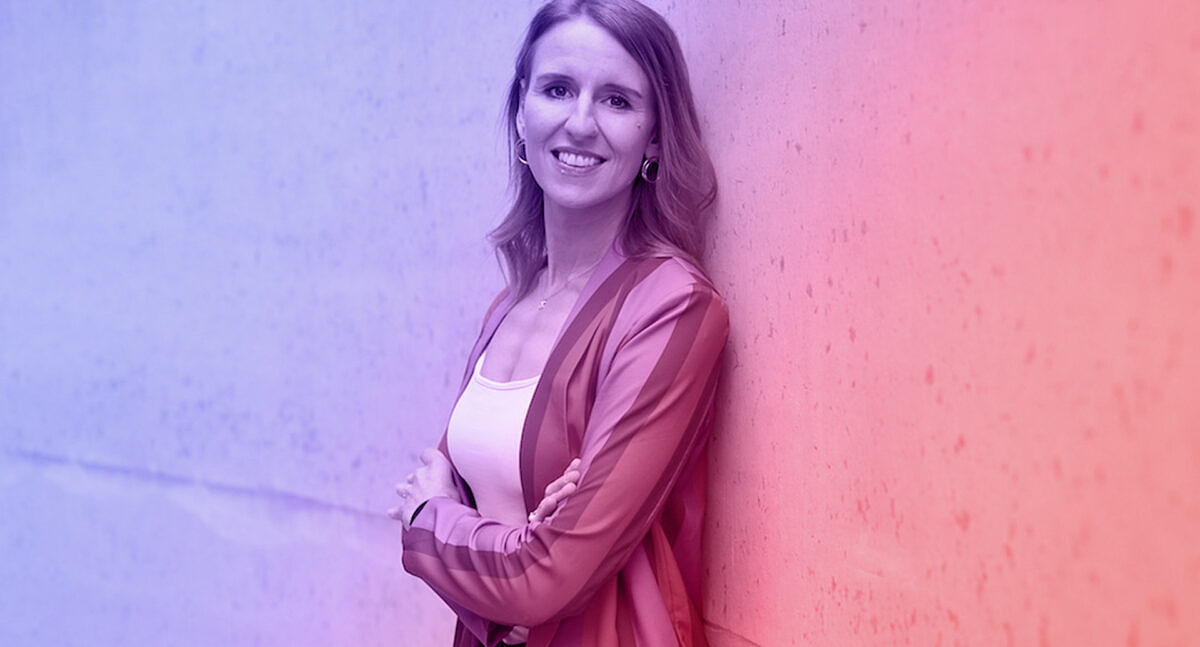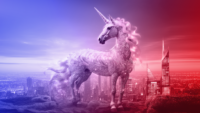Meta and the Moral Dilemma: Are Advertisers Ready to Leave?
Less moderation, more hate speech: Meta finds itself under fire. But how do marketers navigate the crossroads between responsibility and profitability? DMEXCO host Verena Gründel examines the reality, conflicting survey results, and the industry's dependence on Facebook and Instagram.

The wave of outrage
Mark Zuckerberg’s curly head has been haunting me. Not just me, though. Chances are, it’s been staring at you too—popping up on LinkedIn streams, explaining why it’s a great idea to end fact-checking on Meta platforms and relax moderation guidelines.
His curls have become the emblem of a wave of industry outrage. After all, we now face the prospect of more hate speech and misinformation on Meta’s platforms. That’s not just a societal or moral problem; from a marketing perspective, it makes Facebook, Instagram, and Threads increasingly questionable environments for advertising. Can we still support this? Do we want to support this? Or do we accept these platforms as they are?
In the case of Twitter—now X—the answer for many was clear. When X fired teams of moderators and left community regulation to its users, advertisers, big and small, quickly pulled their campaigns from the platform.
Nobody needed X
This didn’t seem to bother X’s owner, the richest man in the world. He doesn’t need their money. For him, X is a hobby. But here’s the more important difference when comparing X to Meta: Advertisers don’t depend on X either.
That’s not the case for Facebook and Instagram. Entire industries rely on these platforms—some might even argue the global economy does. So, the simple answer to whether we’ll see advertisers flee Meta en masse is: no, of course not.
The numbers don’t lie
An exclusive recent survey by DMEXCO, conducted by Civey, highlights the contradiction:
On one hand, 54% of marketers agree that companies have a social responsibility through their media choices.
On the other hand, a striking 84% say they have no intention of increasing investments in high-quality journalistic media.

Instead, the September 2024 DMEXCO survey underscores a significant reliance on social media: 95% of respondents use social media in their marketing strategies, and 74% plan to increase their budgets further.
Let’s be realistic
Social media is the world’s largest advertising category. According to WARC, global ad spend on social media in 2024 reached $247 billion—a 14.3% increase and, for the first time, surpassing search engine advertising.
We must be realistic here. Companies will never voluntarily cut off the advertising channels they believe they depend on.
Caught between responsibility and convenience
Whether this dependence is real or whether alternative media strategies could be just as effective is a question worth asking. But social media offers undeniable advantages: transparency, simplicity, low barriers to entry, scalability, effectiveness, and mass appeal.
Marketers know this. That’s why the outraged voices on LinkedIn rarely came from advertisers themselves. Most comments came from agencies and service providers—the ones who have the luxury of speaking out without the burden of tough decisions.
Dependent and with few alternatives
Marketers, however, find themselves in a bind. For them, the new era of “Muskification” isn’t just about the moral implications. It brings challenges like declining brand safety and increasing unpredictability. Each brand must find its own balance between ethical responsibility and economic necessity.
But when push comes to shove, the outcome of this decision is obvious. We need to be realistic about it.
Don’t miss any important news from the world of digital marketing, both nationally and internationally! Subscribe to the new DMEXCO newsletter “Digital Digest” and receive the latest information directly in your mailbox every Monday, Wednesday, and Friday.






